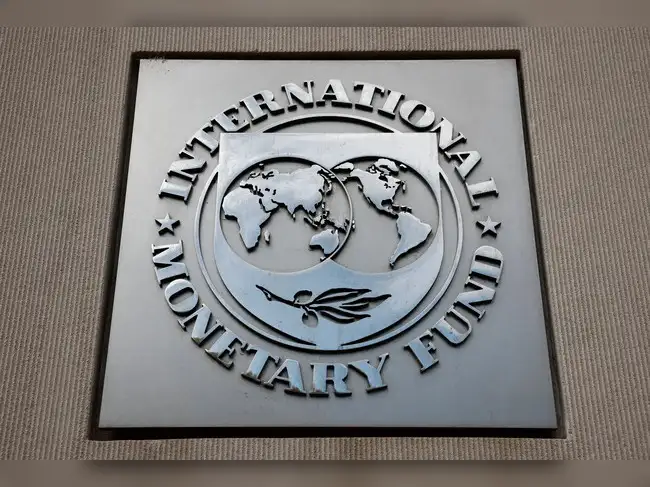IMF: AI's Economic Gains Likely to Outweigh Emissions Cost

The International Monetary Fund (IMF) released a report today highlighting that the economic benefits of artificial intelligence (AI) are expected to significantly outweigh the environmental costs associated with its implementation. According to the IMF, global economic output could increase by approximately 0.5% annually between 2025 and 2030 due to productivity improvements driven by AI. These gains are particularly likely in developed and technologically advanced economies where AI can streamline operations, automate tasks, and enhance decision-making across industries.
However, the IMF also cautioned that this rapid expansion comes with environmental trade-offs—most notably, a surge in electricity demand from energy-intensive data centers required to power AI systems. The organization estimates that AI could add 1.7 gigatons of carbon dioxide emissions by 2030, a significant figure that highlights the climate toll of advanced computing. Despite these concerns, the IMF maintains that the overall economic upsides—through job creation in new tech sectors, increased efficiency, and innovation—will offset these emissions, provided that global energy systems continue shifting toward renewable sources.
Policymakers, the IMF urges, must act swiftly to manage AI’s dual impact. This includes crafting regulations to ensure responsible development and equitable access to AI’s benefits while also investing in green energy infrastructure to mitigate its environmental footprint. The report underscores a critical need for coordinated global action to harness AI as a force for inclusive and sustainable growth, rather than one that exacerbates inequality or environmental degradation.




